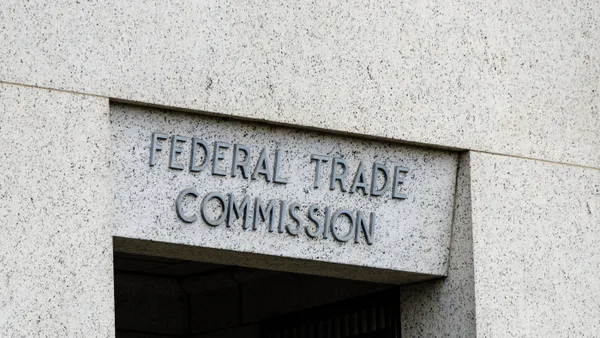The Securities and Exchange Commission (SEC) has never taken enforcement action against companies that make “spring-loaded” stock compensation awards to executives, but a staff memo on the practice makes clear the agency has the practice in its sights.
The agency’s accounting staff issued the memo November 24 to show finance leaders what the agency considers the appropriate way to value stock awards when they’re made right before a big change in the company’s fortune.
The goal is to stop companies from doing what Kodak did last year when it announced it was approved for a government-backed loan to make pharmaceutical ingredients that could be used in a Covid vaccine.
The company had been struggling for years but the announcement turned around its stock performance overnight, boosting by 1,000%, from $2.65 to $33.20, the value of stock options the company’s chief executive had been given just before the announcement.
The CEO didn't exercise his options at the time and the company's loan approval was put on hold, but the resulting hub-hub, including a lawsuit and congressional probe, put the long-denounced, insider-trading-like practice in the spotlight.
"It is important that companies' accounting and disclosures reflect the economics and terms of these compensation arrangements," SEC Chair Gary Gensler said when making the accounting memo public.
“Bullet-dodging” is the reverse of the practice. It’s when companies issue options right after bad news is released and the stock is down.
Appropriate valuation
The issue with spring-loaded stock awards is less about timing and more about valuation, and the SEC memo focuses on that. That’s to say, if a company wants to make a stock award before an event that materially impacts its share price, that’s it’s business. But it needs to value the award with the impact of the event in mind and not on what the share price is at the time of the award.
“[Companies] must consider the impact that the material nonpublic information will have upon release,” the memo says. “[They] should not grant spring-loaded awards under any mistaken belief that they do not have to reflect any of the additional value conveyed to the recipients from the anticipated announcement.”
In addition to providing guidance on what it considers reasonable practices in valuing shares when faced with timing issues of this kind, the memo walks through a series of staff responses to valuation questions.
For example, should a public company use the same valuation method it used when it was private? In its response, the memo says yes, unless the share options are subsequently modified, repurchased or canceled, in which case the company should value them based on the public-company standards of the Financial Accounting Standards Board (FASB).
As an interpretive memo, the guidance doesn’t have the force of law, but it gives finance executives a picture of what the SEC considers the right way to value the awards. That suggests, if the SEC ever considers bringing an enforcement action against a company for spring-loading an award, it will likely look first to see if it followed the guidance.












